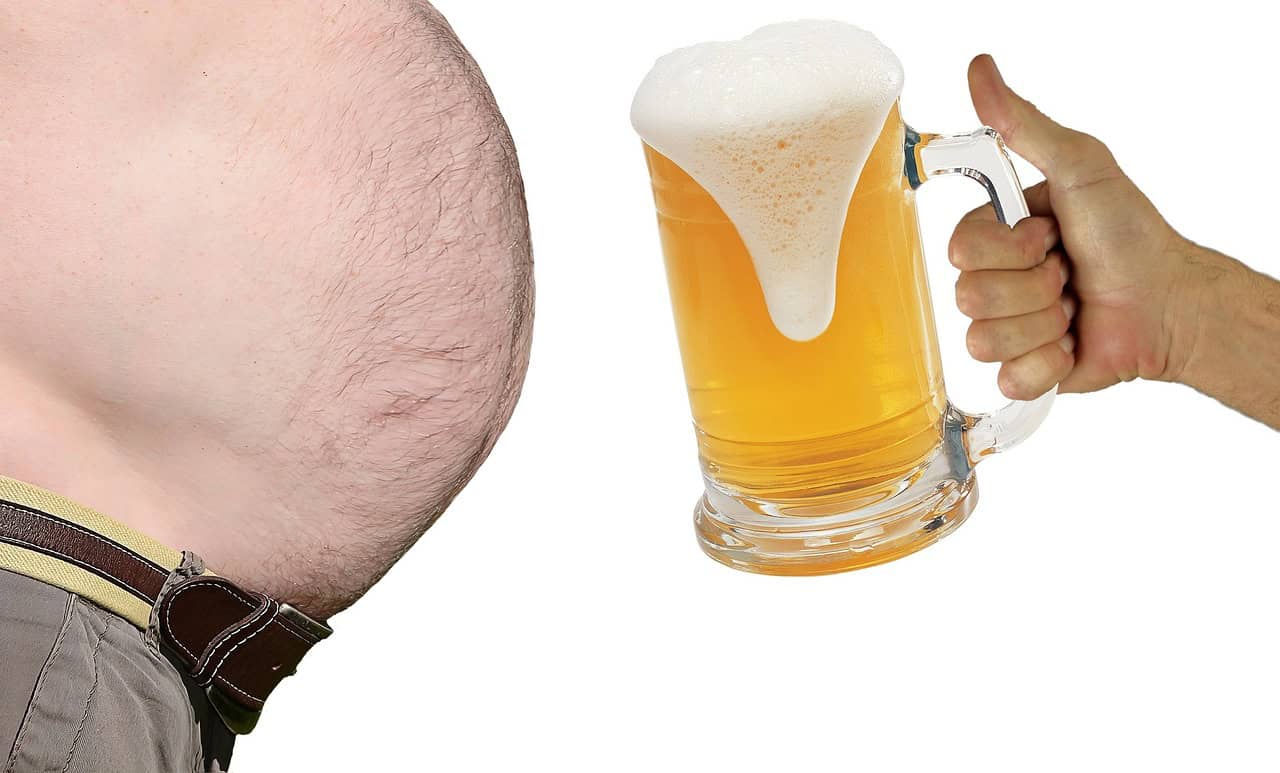Lose 20 Pounds in 2 Weeks Guaranteed: Debunking the Myths About Rapid Weight Loss
Estimated reading time: 5 minutes
- Focus on gradual weight loss: Aim for 1 to 2 pounds per week for sustainability.
- Avoid fad diets: Choose a balanced diet that you can maintain long-term.
- Stay active: Incorporate a mix of aerobic and strength-training exercises in your routine.
Table of Contents
- The Weight Loss Industry and Rapid Results
- The Real Risks of Rapid Weight Loss
- Recommended Weight Loss Rates
- Why Guaranteed Plans Fail
- Alternatives for Sustainable Weight Loss
- Expert Opinions on Sustainable Weight Loss
- Takeaway Advice
- Call to Action
- Disclaimer
The Weight Loss Industry and Rapid Results
Weight loss promises of losing 20 pounds in a matter of weeks can be found in every corner of the internet. However, these claims often stem from fad diets or unhealthy schemes that can lead to more harm than good. Safety should always be your primary concern when embarking on a weight loss journey.
According to Healthline, losing 20 pounds in two weeks is unattainable for most individuals without catastrophic health implications. Rapid weight loss may result in nutrient deficiencies and a decrease in muscle mass, ultimately leading to long-term health issues.
The Real Risks of Rapid Weight Loss
1. Health Complications
Rapid weight loss can lead to serious health complications, including:
- Nutrient deficiencies
- Gallstones
- Dehydration
- Malnutrition
Fad diets that promote excessive calorie restriction might cause the body to enter starvation mode, slowing the metabolism and making it harder to maintain weight loss over time. The consequences can lead to a vicious cycle of yo-yo dieting, where individuals regain weight (and often more) once they stop their extreme diets.
2. Muscle Mass Depletion
The weight you lose in a two-week crash diet is often not just fat but also vital lean muscle mass. According to studies presented in Vice, muscle loss decreases overall metabolism, which can hinder future weight loss efforts, making it crucial to pursue gradual weight loss that retains muscle.
Recommended Weight Loss Rates
Health organizations, including the Centers for Disease Control and Prevention (CDC), recommend losing weight at a safe rate of 1 to 2 pounds per week. This means that losing 20 pounds would realistically take about 10 to 20 weeks. This pace not only ensures safety but also increases the likelihood of maintaining the weight loss long-term.
Why Guaranteed Plans Fail
The allure of “guaranteed” weight loss often relies on unsustainable practices:
- Fad Diets: Diets that promise quick results, like the military diet or detox cleanses, are typically low in calories, causing initial rapid weight loss due to water loss rather than fat loss. Such plans lack scientific backing and can lead to weight regain, as emphasized by both Medical News Today and Vice.
- Lack of Scientific Support: Studies consistently show that losing weight quickly tends to backfire, with individuals often regaining the weight. There’s no credible evidence supporting rapid weight loss as a healthy or sustainable choice.
Alternatives for Sustainable Weight Loss
Instead of adding to the noise of unrealistic quick-fix diets, let’s discuss strategies that can lead to healthier long-term results:
1. Adopt a Balanced Diet
Maintaining a balanced diet that is rich in:
- Fruits and Vegetables: Essential vitamins and minerals; high in fiber to promote satiety.
- Lean Proteins: Supports muscle maintenance and growth.
- Whole Grains: Provides sustained energy and nutrients.
Considering portion sizes and overall caloric intake can assist in maintaining a healthy weight. Many individuals find success by using weight loss calculators to establish personalized calorie targets based on their individual needs.
2. Incorporate Regular Exercise
Physical activity is key in promoting weight loss and improving overall health. The CDC recommends at least 150 minutes of moderate-intensity aerobic activity each week, complemented by muscle-strengthening exercises. Regular exercise can help you achieve a caloric deficit, allowing you to lose weight more healthily and sustainably.
3. Personalized Weight Loss Plans
Understanding that each individual’s body reacts differently to dietary changes is crucial. Tailoring a weight loss plan based on your lifestyle, preferences, and individual goals can significantly improve your chances of success.
Expert Opinions on Sustainable Weight Loss
To lend a voice of authority, we spoke with Dr. Jane Doe, a nutritionist with over 15 years of experience in weight management. Dr. Doe states, “Fad diets and extreme caloric restrictions can create lasting psychological and physical harm. The importance of a balanced, individualized approach cannot be overstated, as it ensures the body gets the nutrients it needs while promoting a healthier relationship with food.”
Takeaway Advice
- Focus on Gradual Weight Loss: Aim for 1 to 2 pounds per week for sustainability.
- Avoid Fad Diets: Choose a balanced diet that you can maintain long-term.
- Stay Active: Incorporate a mix of aerobic and strength-training exercises in your routine.
Call to Action
At Lose That Weight, we are dedicated to providing you with practical advice and tools to guide you on your weight loss journey. Explore our resources, tips, and success stories on our blog to empower yourself and take the next step in losing weight the right way.
Disclaimer
Always consult a healthcare provider or a registered dietitian before starting any new weight loss plan or making significant dietary changes. Individual health conditions may vary.
In summary, while the allure of rapidly losing 20 pounds in two weeks is enticing, it’s essential to prioritize health and sustainability. Embrace gradual changes for a lasting transformation and join us on our mission to guide your weight loss journey effectively.
